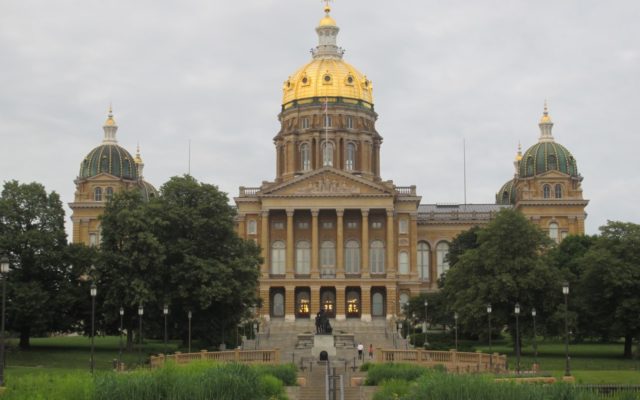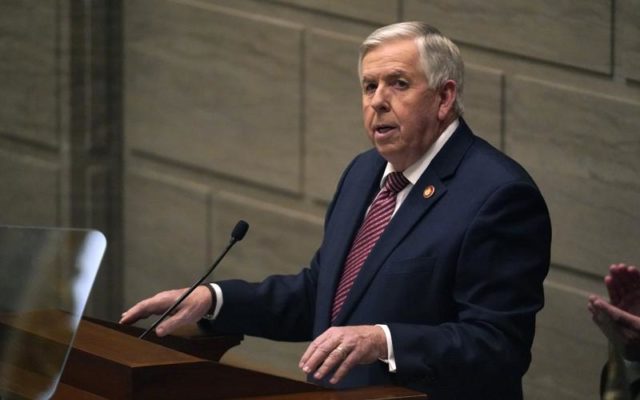Iowa Tax Plan Includes Backstop if Economy Falters

(Radio Iowa) House Speaker Pat Grassley says the agreement Republicans have reached to dramatically cut the personal income tax rate to just under four percent by 2026 includes a backstop if the economy dips. If state tax collections fall below expectations, money in the state’s Taxpayer Relief Fund would be used to fill state budget holes.
“If there’s a revenue shortfall…it will make up the difference just through the mechanism that’s in place,” Grassley says. The Taxpayer Relief Fund is expected to have two billion dollars in reserve by July. Withdrawals would happen if state tax revenue growth falls below three-and-a-half percent. Grassley says the state’s financial ledger shows tax cuts won’t lead to budget woes.
“We have a billion dollar surplus. We have a billion in the Taxpayer Relief Fund. Our ‘rainy day’ and cash reserves are full at over $800 million,” Grassley says. Republican lawmakers passed tax cut packages in 2018 and 2021. Grassley says taking an initial vote on the House G-O-P’s 2022 version eight days ago has provided momentum to this year’s tax cutting effort.
“Before the session we said we were going to provide real tax relief for Iowans, we have an overcollection of their money and we’re going to get it back in their hands as quickly as possible,” Grassley says. “I think we’re showing that doing that in February, we were serious about it and we’ve followed through on those commitments.” The plan Republicans intend to vote upon today (Thursday) includes a corporate income tax rate reduction, but it’s not automatic. If total corporate income tax payments exceed 700 million dollars, the corporate tax rate would be ratched down.
“The mechanism that we’re going to work off of is the governor’s and I think it’s a very responsible plan,” Grassley says. “It make sure it maintains the state at $700 million worth of revenue, so you’re not going to see any drastic dips when it comes to revenue. You maintain that level and the growth over $700 million works to lower the rate.” The governor’s proposal, unveiled in January, ultimately seeks to reduce the corporate income tax rate to five-and-a-half percent. The bill also reduces several refundable business tax credits by 25 percent over the next five years, plus the state’s research activities tax credit — the most generous in the country — would be cut in half during that time frame.
“From the House’s perspective, we feel very confident,” Graslsey says. “Not only are we right there where we wanted to be on the income and retirement pieces, we’ve also taken the holistic approach to looking at that corporate piece that we felt very strongly about.” The plan erases state taxes on retirement income. It also includes a tax break for retired farmers. The Senate is scheduled to debate the tax plan first, but the debate had not yet started by mid-afternoon.



